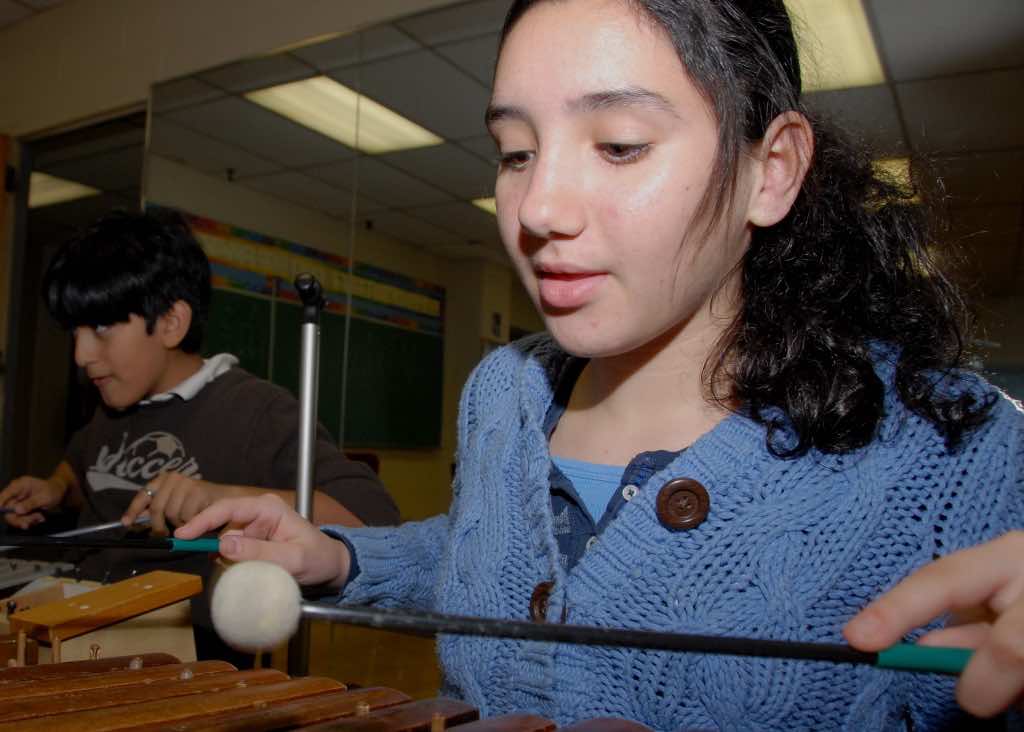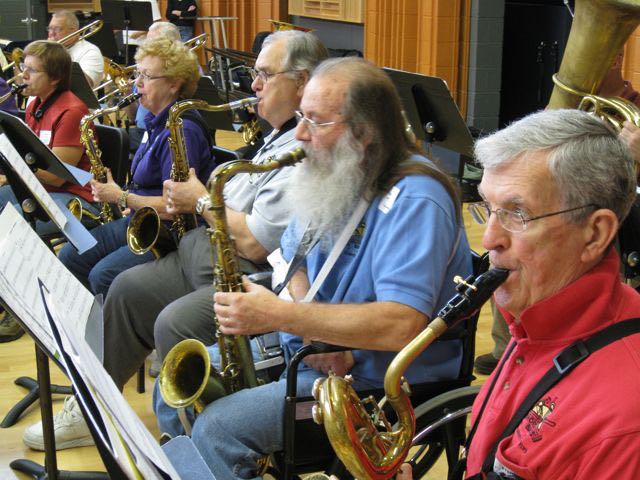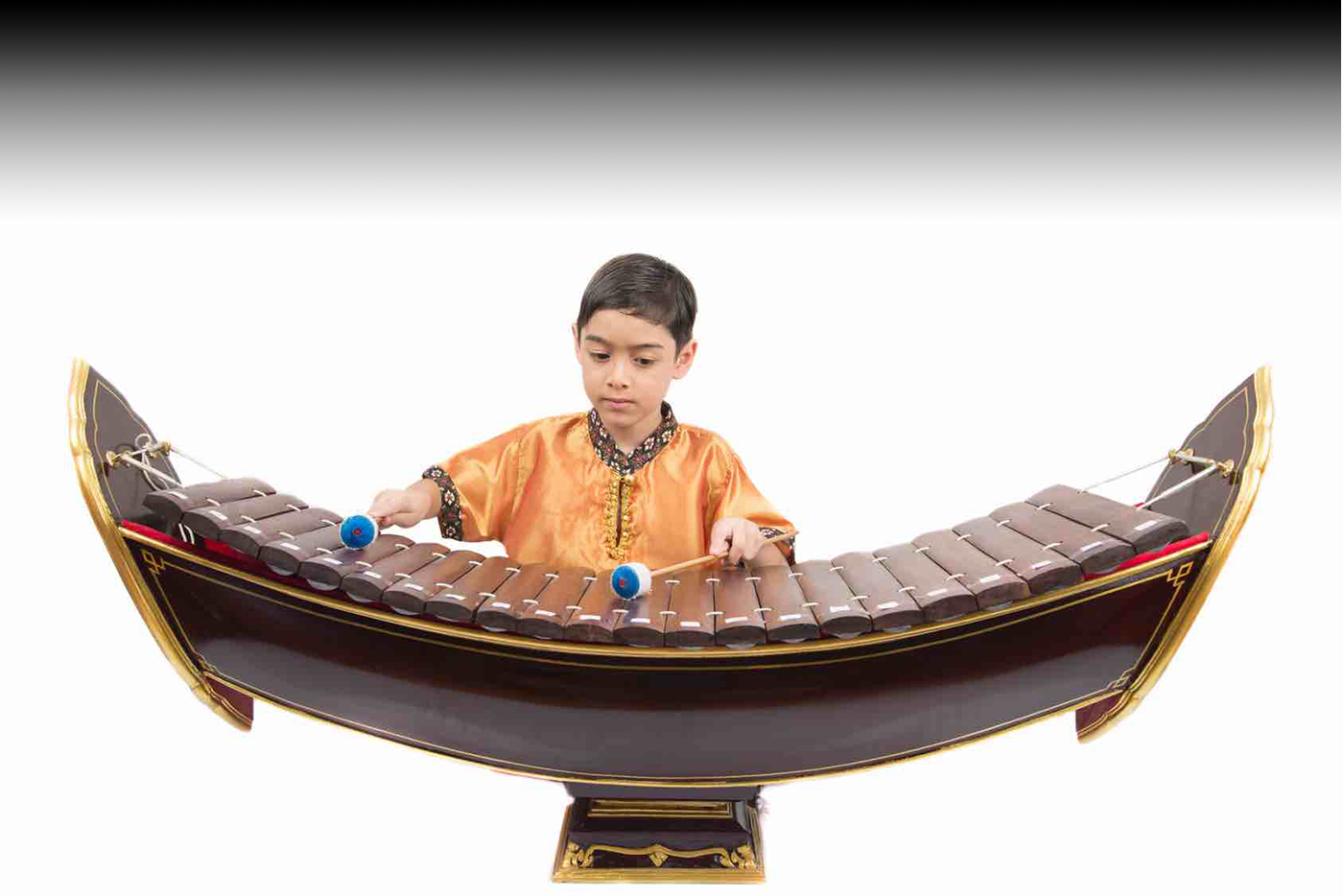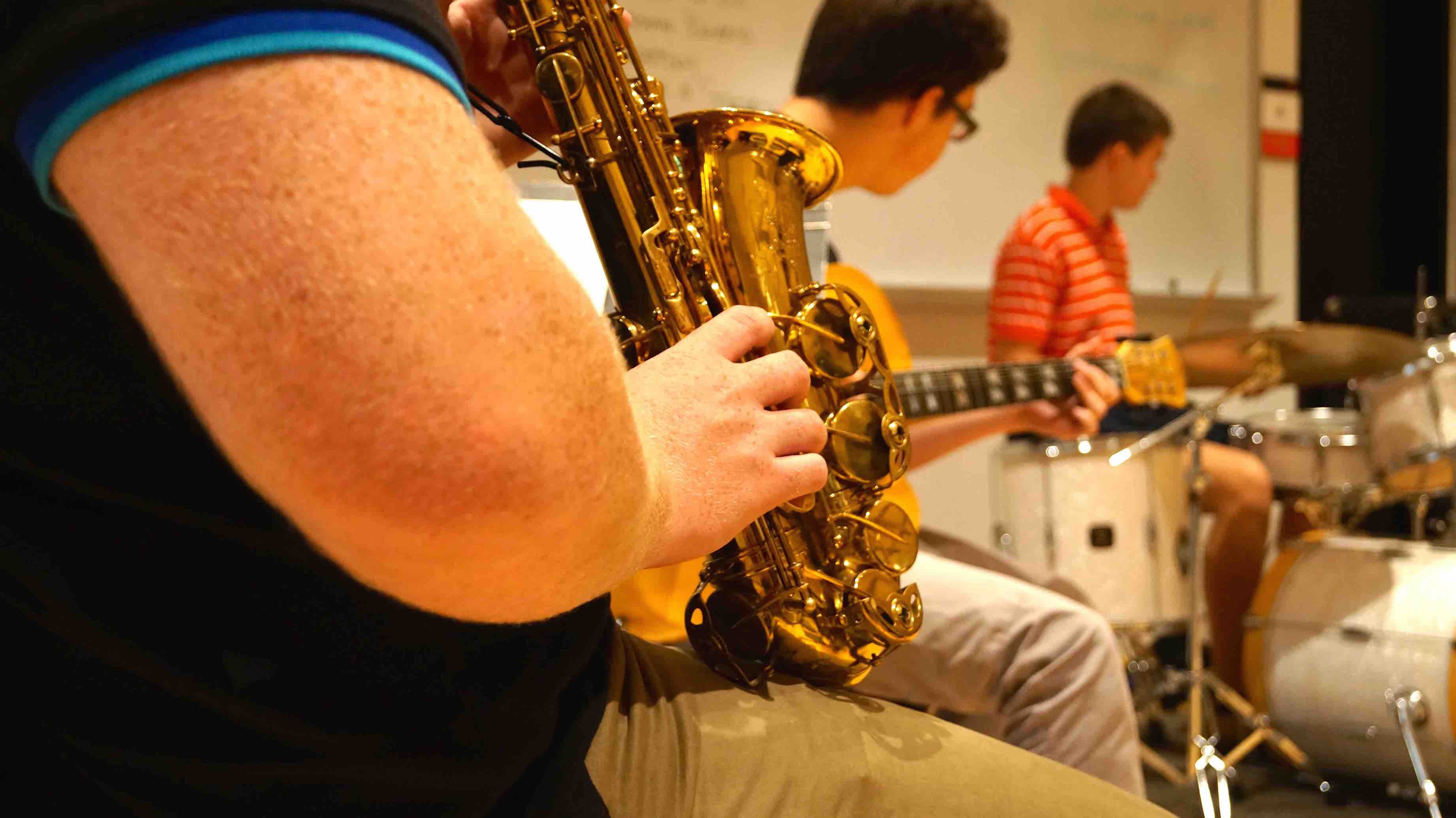Envisioning an Adaptive Music Career: A Framework for Imagination and Navigation of a Professional Future
Posted onABSTRACT: This article explores the complex relationship between performance programs in higher music education and the evolving demands of current and future professional music scenes. Drawing upon career anchor theory and enactive cognitive science, it introduces a workshop-based framework to support students in reflecting on future working life. The framework decenters ideas of entrepreneurship and market logics in favor of artistic curiosity and musical identity. As a key component of the framework, the practice session is conceptualized as a continuous sense-making process and the core engine of an adaptive music career.
Author: Markus Tullberg
Published 11/2/2025
Click here to read the article.
https://doi.org/10.22176/topics2025.05.120






